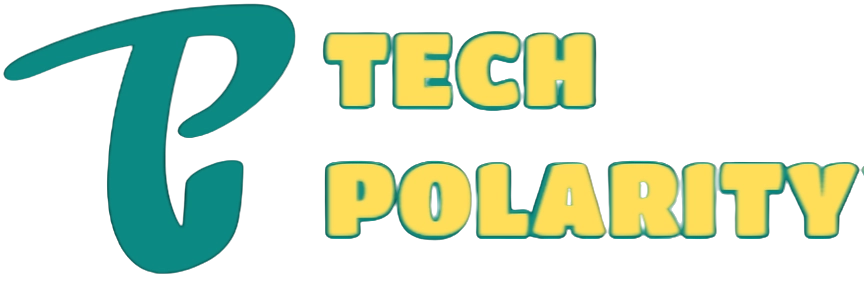Medium Hints at a Nascent Media Coalition to Block AI Crawlers
Medium Hints at a Nascent Media Coalition to Block AI Crawlers
Web publishing platform Medium has announced that they will block OpenAI's GPTBot, an agent that collects web pages for content used to train the company's AI models. However, the real news may be that a group of platforms may soon form a united front against what many see as the exploitation of their content. Medium has joined CNN, The New York Times, and many other media outlets in adding "User-Agent: GPTBot" to their list of disallowed agents in their robots.txt.
In a blog post, Medium's CEO, Ev Williams, wrote, "AI companies have leached value from writers in order to spam Internet readers." Therefore, he writes, Medium defaults to rejecting GPTBot when its scraper comes knocking. (This is one of the few that will honor the request.) However, he quickly acknowledges that this voluntary approach is essentially unlikely to make a difference in the actions of spammers and others who would ignore the request.
Medium is not the only media platform that has taken steps to block AI crawlers. CNN and The New York Times have also added GPTBot to their list of disallowed agents in their robots.txt. However, Medium's move to block GPTBot appears to be more significant as it could be an early sign of a larger media coalition forming to combat content exploitation by AI companies.
There are several reasons why media is starting to block AI crawlers. One reason is that AI crawlers can be used to generate plagiarized content from original media content. This can harm writers and media by reducing the revenue generated from original content.
Another reason why media is starting to block AI crawlers is because AI crawlers can be used to spread false and misleading information. This can be detrimental to society as it can make people believe in incorrect information and make poor decisions based on it.
If a larger media coalition is formed to combat content exploitation by AI companies, it would be a positive step for writers and media. This coalition can help protect original content from plagiarism and misinformation, and can ensure that writers and media receive fair compensation for their content.
Impact of the Media Coalition to Block AI Crawlers
If a larger media coalition is formed to block AI crawlers, it will have several positive impacts. First, it will help protect original content from plagiarism and misinformation. Second, it will help ensure that writers and media receive fair compensation for their content. Third, it will help reduce the negative impact of AI companies exploiting media content for their own gain.
However, there are also potential negative impacts of the media coalition to block AI crawlers. One negative impact is that it could restrict public access to media content. Second, it could hinder the development of AI companies that use crawlers to train their AI models. Third, it could make it more difficult to detect and remove false and misleading information from the internet.
Challenges Faced by the Media Coalition
While there are significant potential benefits to a media coalition blocking AI crawlers, there are also several challenges to be faced. One of the biggest challenges is that large tech companies like OpenAI may not be willing to respect such blocks. These companies may have greater power and resources than the media, and they may find ways to bypass the blocks.
Another challenge is that forming and managing a media coalition may be difficult. Media outlets have different interests, and they may not agree on the best way to handle AI crawlers. Additionally, the media coalition may need to collaborate with governments to create laws that protect media content from exploitation by AI crawlers.
Overall, the impact of a media coalition blocking AI crawlers will depend on how the coalition is formed and operated. If the coalition is formed and operated carefully, it can have a significant positive impact on writers, media, and the public.

